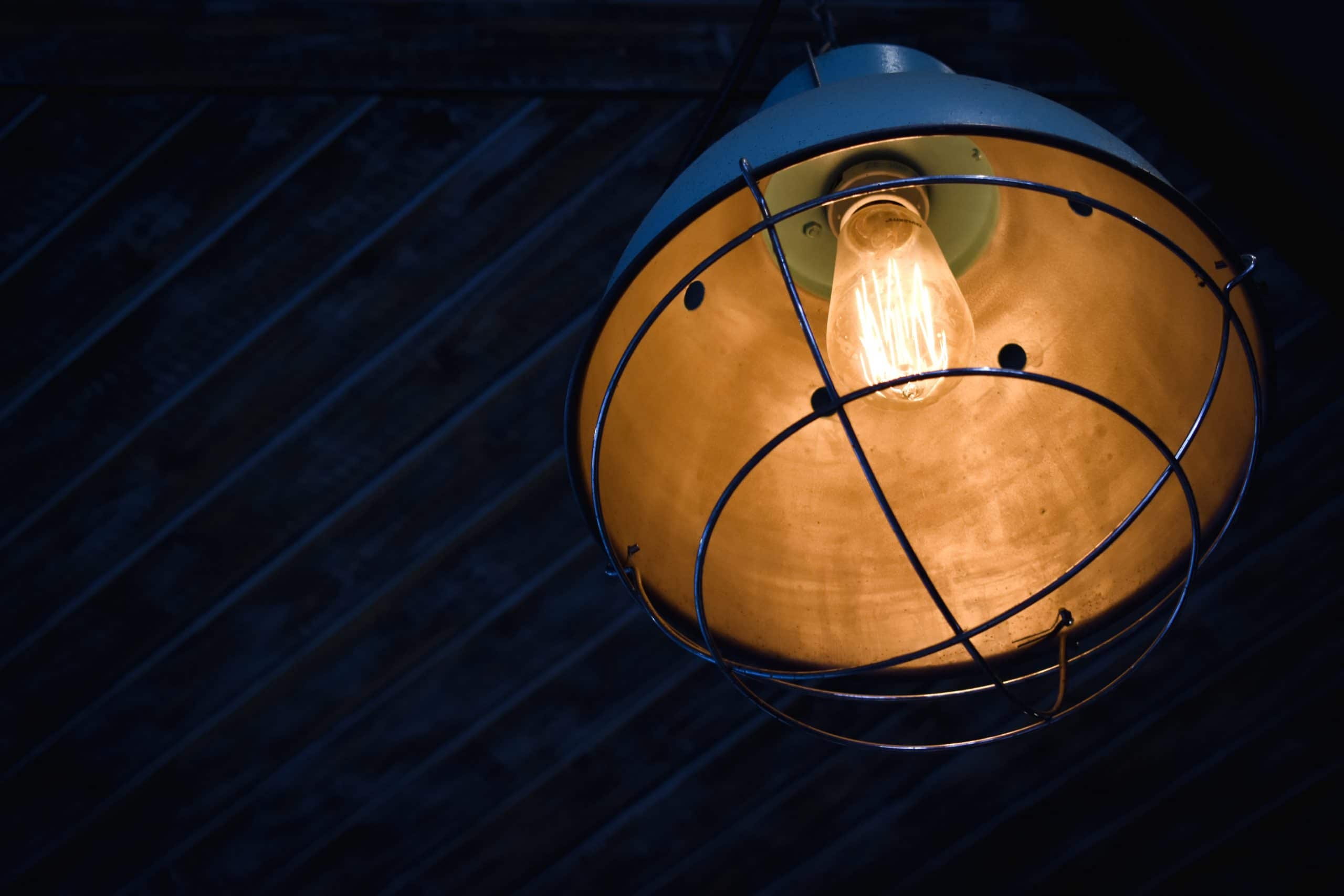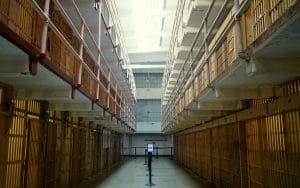A while back, I was having coffee with a friend. Very nonchalantly, she requested my prayers for her father. He was in seminary to become the pastor of his very small and disorganized church. Each church in any faith has their own hoops to jump through.
She spoke of how this particular church lacked order and even a stable Sunday pastor to gather them in. Her father saw this as an opportunity to jump up and provide what this church was missing: guidance. The congregation agreed, his family agreed, and by all accounts this was his calling; it needed to be followed.
The one obstacle was the actual organization itself. Plans can be written down, illustrated, graphed, and charted. Once they’re put to action, it takes discipline and consistency to make anything work to its fullest potential. Once he began integrating what he believed would structure this community church back together, he started to get glares from elder members because they, frankly, were not ready for the changes he proposed. One major player in this church began to get pretty curt and cold towards him. He became almost openly angry and rude to him, resentful of his attempts to better what he believed was good, but could be great.
People can be like that. When we are afraid of something we don’t understand, we tend to scoff and gawk at that thing. We take that discomfort and begin to pick that unfamiliar thing apart, piece by piece, like a vulture does with a dead animal on a roadside. It gets picked apart until it is unrecognizable, then becomes inevitably unseen. The fear of the unknown takes over.
This small church shows just how easily fear can take over. This man had no malicious intent; quite the opposite! He saw an opportunity for progress. But the comfortable parishioners, no matter their position, circled above him; they didn’t thwart him, but they also didn’t support him. They just circled, waiting for the demise of his plans so they could swoop in.
However, my friend’s father knew that only fear could divide a church, and so he soldiered on. One day, the Bishop approached him to apologize. He was taken aback as he listened to this Bishop explain that he had been trying to dim his light. His criticism had been not for the purpose of dimming that light, but because it was the Bishop’s own light that was dim. He had somehow lost the fire in his lantern. Instead of seeking more kerosene or a spark to reignite himself, he just tried to snuff out the light all together. After some discernment, which I’m sure came from above, he realized the folly of his ways. Instead of hindering the well-meaning student pastor’s progress, the Bishop began to help him more, inching him closer to a role that anyone with eyes could see God was calling him to play.
This world sometimes tries to snuff out our light. The news alone can do that, if you watch it long enough. We have to choose the light over the darkness. The small, cruel voice in your head telling you that you can’t is just plain wrong, and it also isn’t God. The closer you get to the Way, the Truth, and the Light, the more the enemy tries to convince you that you’re wrong. To quote the great Albus Dumbledore, “Happiness can be found in the darkest of times, if one only remembers to turn on the light.”
Be safe, be great, be YOU!
Amen.
Reality Changing Observations:
1. Jealousy and fear are two examples of light killers. How can you be a light saver in your own home or community?
2. Without killing outside distractions, which methods might you use to focus more fully on God’s path for you without completely isolating yourself?
3. What guidance do you think the Bible can give us to better seek the light over darkness?






